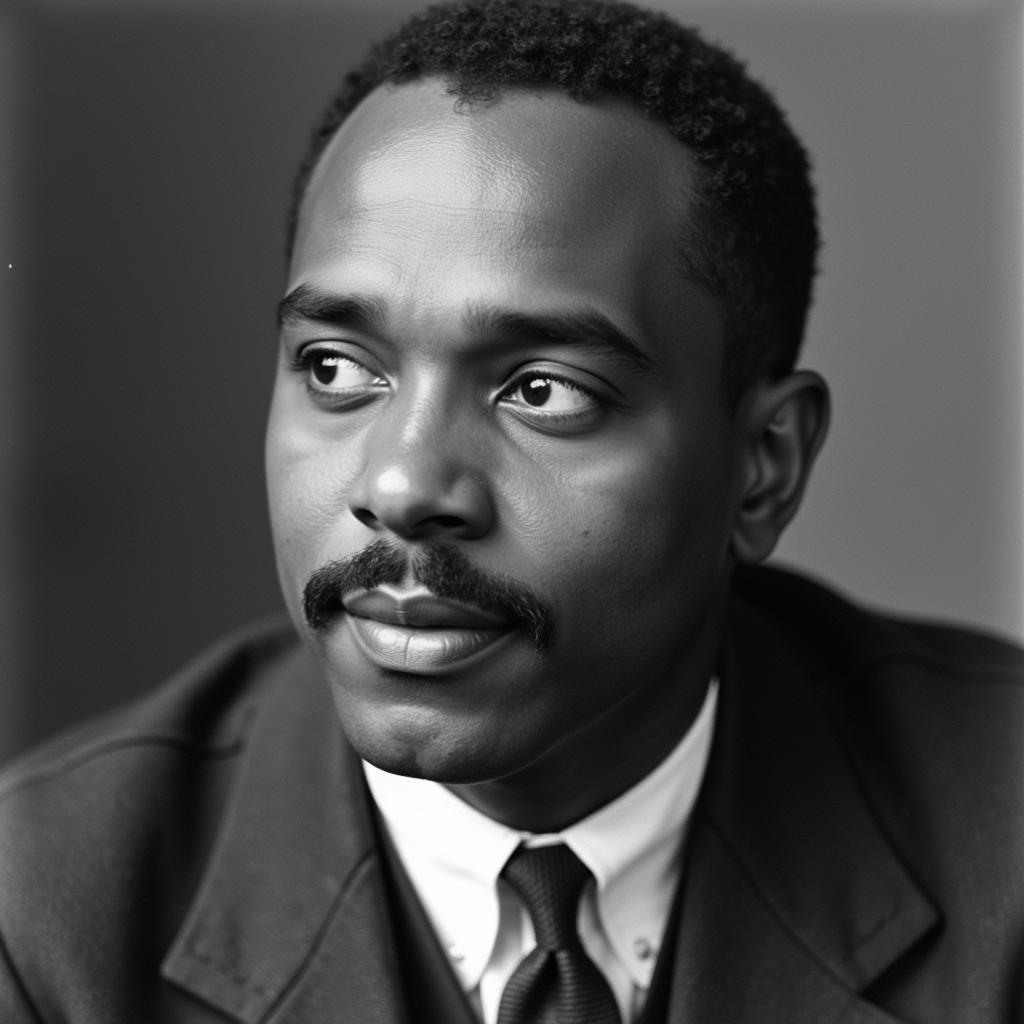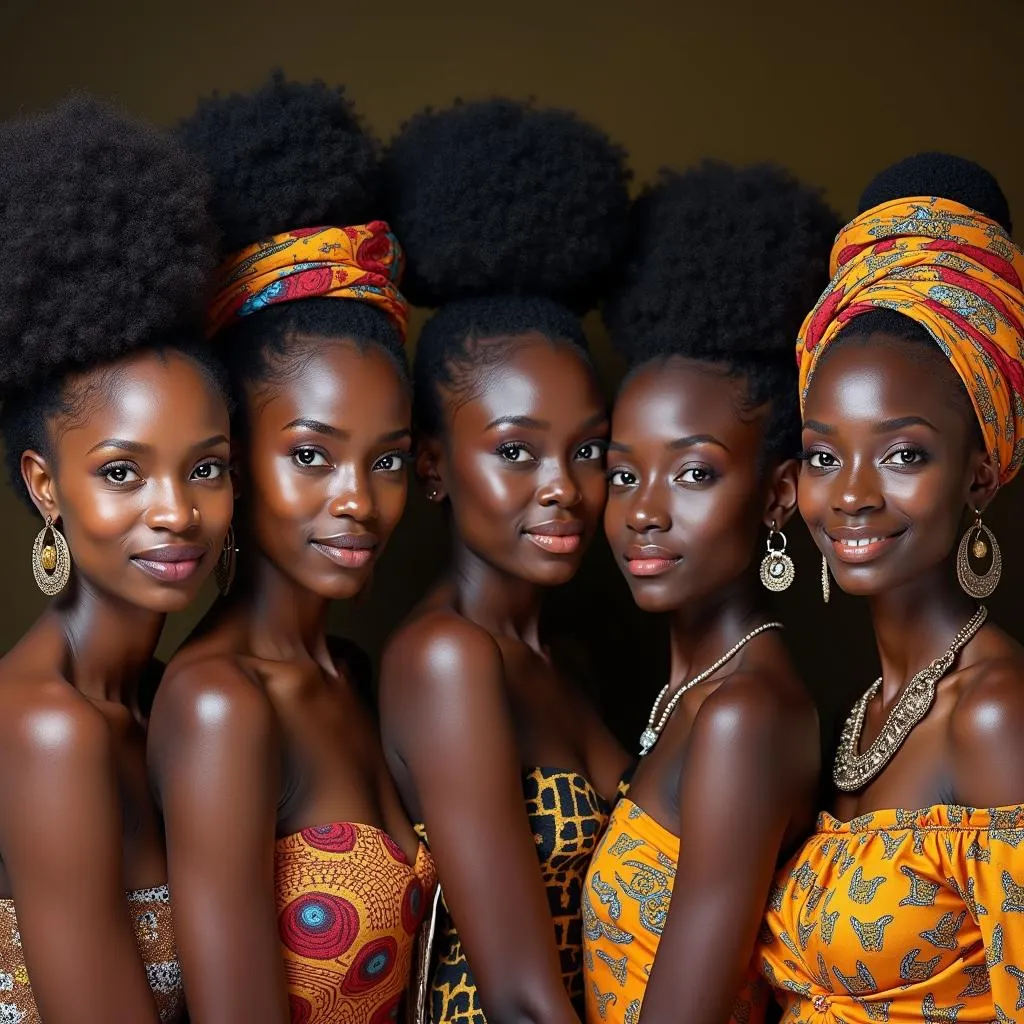African American Movies: A Look at the 1920s
African American movies in the 1920s represent a crucial period in cinematic history. This era saw the emergence of independent Black filmmakers striving to counter stereotypical representations prevalent in mainstream Hollywood. These films offered alternative narratives, showcasing Black life, culture, and talent in a way that challenged the dominant narrative of the time.
The Rise of “Race Films”: Challenging Hollywood’s Stereotypes
The 1920s marked the beginning of what became known as the “race film” genre. These films, produced independently by and for Black audiences, offered a counterpoint to the demeaning caricatures often seen in mainstream cinema. They provided a platform for Black actors, writers, and directors to showcase their talents and tell their own stories. This movement was a direct response to the pervasive racism and limited opportunities available to Black artists in Hollywood.
One of the most significant aspects of race films was their focus on portraying the complexities of Black life. They explored themes of family, community, love, ambition, and the challenges of racial discrimination. These films offered a nuanced and multifaceted view of Black identity, challenging the simplistic and often offensive stereotypes perpetuated by Hollywood.
Key Figures in Early African American Cinema
Several pioneering figures emerged during this period, laying the groundwork for future generations of Black filmmakers. Oscar Micheaux, considered the most prolific race filmmaker of the era, wrote, produced, and directed numerous films that addressed social and political issues affecting the Black community. Noble Johnson founded the Lincoln Motion Picture Company, one of the earliest Black-owned film studios. These individuals and others paved the way for a more authentic and representative portrayal of Black life on screen.
 Portrait of Oscar Micheaux
Portrait of Oscar Micheaux
Themes and Genres in 1920s African American Films
The themes explored in African American films of the 1920s were diverse, reflecting the rich tapestry of Black experiences. From dramatic portrayals of racial injustice to uplifting stories of community resilience, these films captured the spectrum of Black life. Popular genres included musicals, dramas, comedies, and even Westerns. These films showcased a vibrant and dynamic culture, defying the limited representations found in mainstream cinema. One common thread running through many of these films was the theme of racial uplift and the pursuit of the American Dream in the face of adversity.
The Impact of the Harlem Renaissance
The Harlem Renaissance, a period of flourishing artistic and intellectual activity, had a profound impact on African American cinema. Many films of this era reflected the themes and aesthetics of the Renaissance, celebrating Black creativity and cultural pride. african american encoura This cross-pollination of artistic expression helped to elevate the quality and sophistication of race films, further challenging the prevailing stereotypes of the time.
The Legacy of 1920s African American Film
While often overlooked in mainstream film history, the impact of African American movies in the 1920s is undeniable. These films provided a crucial platform for Black voices and perspectives, paving the way for future generations of Black filmmakers. They challenged Hollywood’s racist depictions and offered alternative narratives that celebrated Black culture and resilience. The legacy of these films continues to inspire and influence filmmakers today, reminding us of the power of cinema to challenge injustice and promote social change.
Expert Insight: “The race films of the 1920s were a vital form of cultural resistance,” says Dr. Evelyn Brooks Higginbotham, a prominent historian of African American culture. “They provided a space for Black artists to reclaim their image and tell their own stories, outside the confines of Hollywood’s stereotypical narratives.”
Conclusion
African American movies in the 1920s played a vital role in challenging racist representations and promoting positive images of Black life. This era marked the rise of independent Black filmmaking and laid the foundation for future generations of filmmakers. Understanding these films is crucial for appreciating the history of cinema and the ongoing struggle for representation and social justice.
FAQ
- What are “race films”?
- Who were some key figures in 1920s African American cinema?
- What themes were explored in these films?
- How did the Harlem Renaissance influence African American cinema?
- What is the legacy of these films?
Common Scenarios and Questions
- How can I find more information about specific race films?
- Are there any surviving prints of these films available to watch?
- Where can I learn more about the filmmakers and actors involved in these productions?
Further Exploration
You may also be interested in exploring other articles on our website related to African American history and culture, including articles on the Harlem Renaissance and the Civil Rights Movement.
Call to Action
For further assistance or inquiries, please contact us via phone at +255768904061, email at [email protected], or visit us at Mbarali DC Mawindi, Kangaga, Tanzania. Our customer service team is available 24/7.


